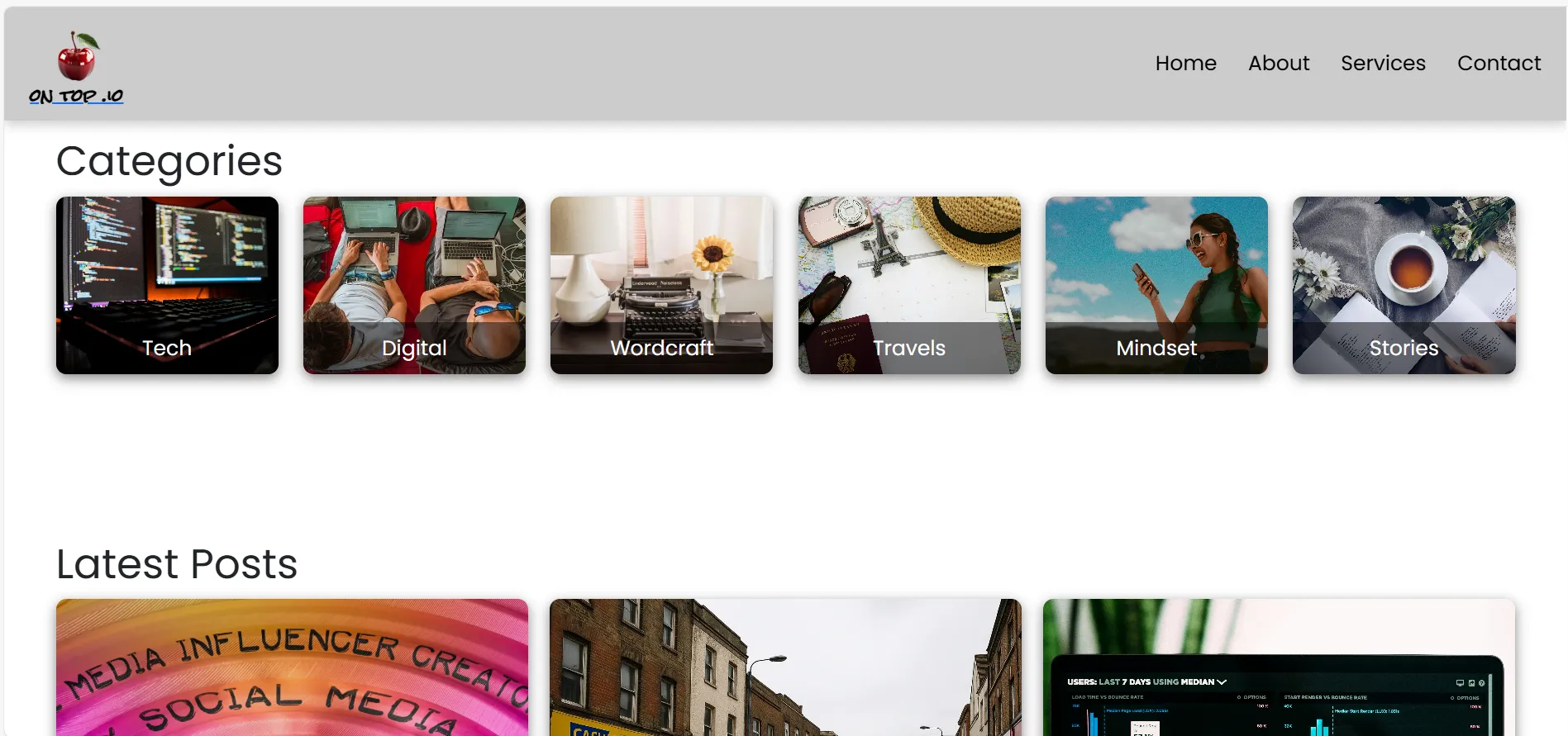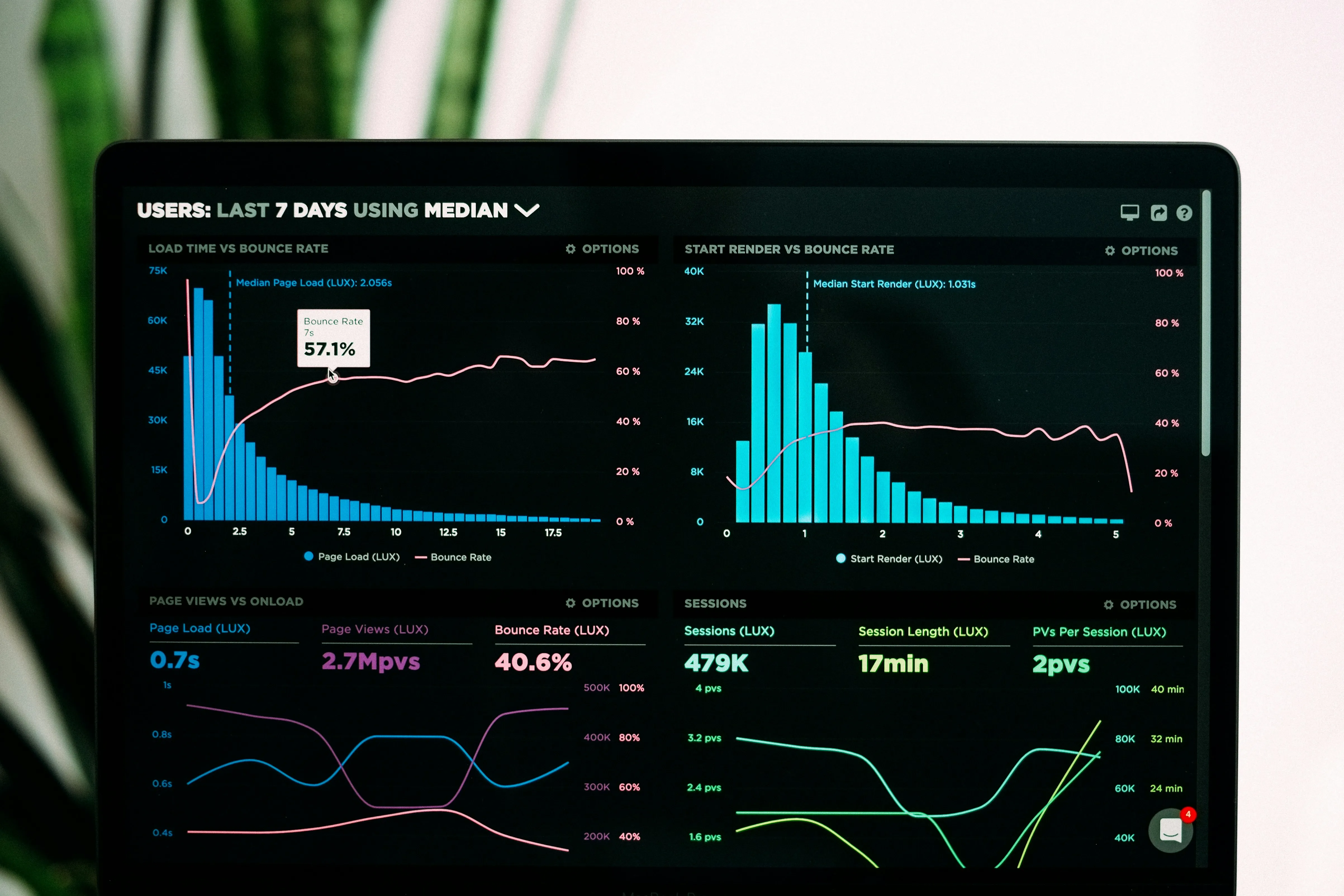Persuasion is the backbone of effective marketing. Whether influencing consumer behavior, shaping brand perception, or driving sales, understanding psychological triggers can transform a business’s success. Behavioral economics and neuroscience shed light on why people make decisions—and how brands can leverage these insights strategically.
The Science of Persuasion
Persuasion is deeply rooted in human psychology. Studies show that people rarely make purely rational decisions; instead, emotions, biases, and subconscious triggers play a significant role. By tapping into core psychological principles, brands can guide consumer choices effectively.
Core Persuasion Techniques in Marketing
- Reciprocity: Free value builds goodwill and encourages return engagement.
- Scarcity: Limited availability creates urgency and perceived value.
- Social Proof: Reviews and endorsements build trust and credibility.
- Authority: Expert-backed claims increase perceived legitimacy.
- Consistency & Commitment: Small actions lead to deeper loyalty.
- Liking: People buy from brands they relate to or admire.
Behavioral Triggers That Drive Decision-Making
- Fear of Missing Out (FOMO): Time-sensitive offers prompt quick action.
- Anchoring Effect: Initial price points shape perceived value.
- Loss Aversion: People prefer avoiding loss over gaining rewards.
- Emotional Appeal: Nostalgia and joy deepen brand connection.
- Storytelling Psychology: Narratives build trust and engagement.
Brands Mastering Persuasion
Amazon: Urgency, reviews, and seamless UX drive conversions.
Apple: Exclusivity and expert positioning build prestige and loyalty.
Netflix: Personalized recommendations reinforce commitment bias.
Final Thoughts
Mastering persuasion techniques and behavioral triggers allows brands to shape consumer perceptions and drive engagement. The combination of psychology, strategy, and emotional influence ensures brands remain relevant, competitive, and trusted in an evolving marketplace.
Read more in my miniseries:
- The Psychology Behind Successful Branding, Content, and Visual Storytelling
- The Power of First Impressions & Cognitive Bias in Branding
- Emotional Connection & Storytelling Psychology in Branding
- Persuasion Techniques & Behavioral Triggers in Branding
- Visual Storytelling & Symbolic Messaging in Branding




